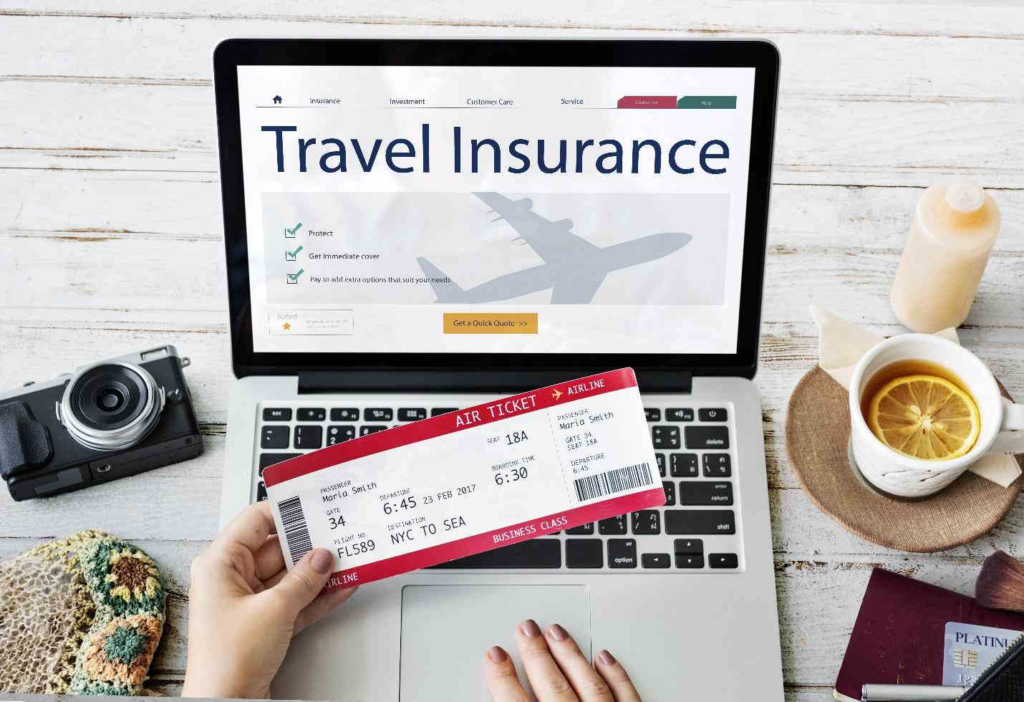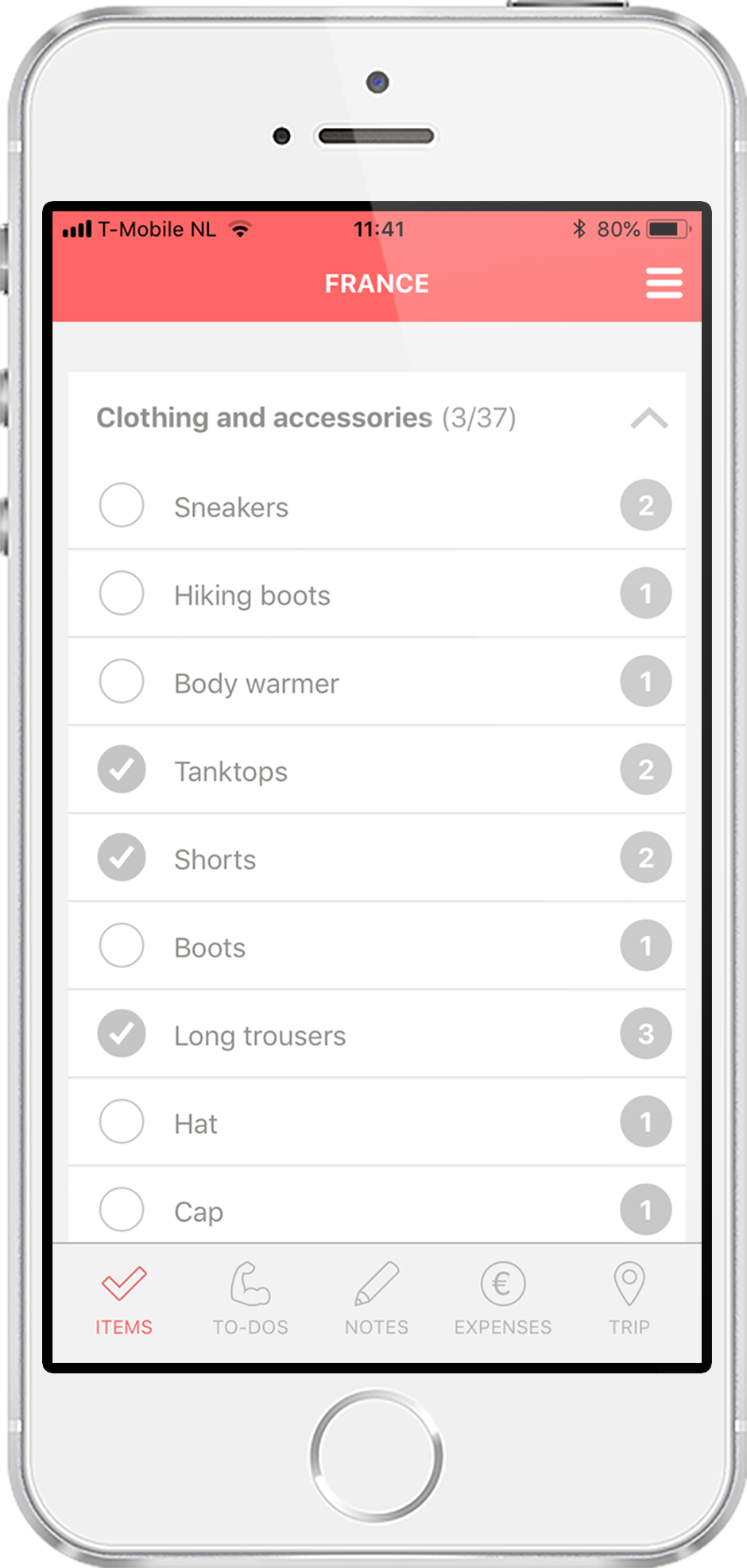A Well-Curated Holiday Payment Checklist For 2024
Planning a trip is like setting off on an exciting journey where you imagine visiting new places and having fun-filled days. Exploring different cultures and destinations can be thrilling, but forgetting about the practical side of money matters is easy. A complete payment checklist is a must-have tool to make your travel hassle-free. Considering possible expenses and financial commitments, you can avoid unexpected costs and fully enjoy your vacation.
When traveling, whether in your own country or abroad, there are various payments to keep in mind. These can include visa fees, entrance charges to attractions, transportation costs, hotel expenses, and even treats like local delicacies. These expenses can add up, so it’s important to research, plan your budget carefully, and tailor it to your travel needs and preferences.
This article focuses on what travelers need to know about possible holiday payments. By taking care of the financial side of your trip, we aim to give you the confidence to be financially prepared. Embracing this comprehensive payment checklist will reduce stress and lead to an unforgettable adventure where you can enjoy experiences without worrying about money surprises. So, whether you travel a lot or it’s your first trip, join us in discovering the secrets to an intelligent and enjoyable vacation.
The Ultimate Holiday Payment Checklist
Visa Fees and Processing Costs

Visa fees and processing costs are essential expenses to consider for international travel. When traveling to another country, you typically need a visa granting you permission to enter and stay there for a specified duration. However, visa fees can differ significantly depending on your nationality, the type of visa you need (e.g., tourist, business, student), and how quickly you want it processed. For instance, some countries may charge higher fees for expedited processing if you need your visa urgently.
Additionally, certain countries offer visas on arrival, which allow you to obtain the visa upon reaching your destination. However, these visas also come with specific costs that you must account for in your travel budget. To avoid last-minute surprises, it’s crucial to research the visa requirements well in advance and factor in the associated costs while planning your trip. For example, if you’re a U.S. citizen planning to visit China for tourism, you must pay a visa fee of $140 for a standard single-entry tourist visa.
Entrance Fees to Attractions

Entrance fees to attractions are expected costs travelers encounter when visiting popular destinations. For example, imagine you’re planning a trip to Paris, and one of the must-see attractions on your list is the Louvre Museum. As one of the world’s most renowned art museums, the Louvre charges an entrance fee to cover the costs of preserving its vast collection and providing visitor services. When you arrive at the museum, you’ll need to pay the designated fee, which could vary depending on your age, nationality, and any special exhibitions on display.
Similarly, suppose you explore a national park, such as Yellowstone in the United States, during your vacation. In that case, an entrance fee may be to support conservation efforts and maintain the park’s facilities. These fees can differ for pedestrians, vehicles, or group visits, so it’s essential to check the current fees online or inquire at the park entrance to plan your budget accordingly.
Travel Insurance

Let’s say you are planning a dream vacation to an exotic island destination. As you book your flights and accommodations, you come across the option to purchase travel insurance. At first, you may hesitate, wondering if it’s worth the extra expense. However, travel insurance is like a safety net that can protect you from unforeseen events that could otherwise lead to financial hardships during your trip.
For instance, imagine your flight getting canceled due to adverse weather conditions, and you end up missing a significant portion of your vacation. Without travel insurance, you might have to bear the cost of rescheduling flights and rearranging your plans. However, if you had purchased travel insurance that covers trip cancellations, you could be reimbursed for the non-refundable expenses, easing the financial burden.
Additionally, while enjoying your holiday, you fall ill or encounter a medical emergency. Medical treatment in a foreign country might be expensive, and without adequate insurance, you might have to pay hefty medical bills out of pocket. But with travel insurance that includes medical coverage, you can get medical attention without worrying about the financial implications. Moreover, travel insurance reimburses you for essential items if your baggage goes missing. It can also cover flight delays and disruptions, ensuring a smoother travel experience. Research and compare policies to find one that suits your needs and budget, offering peace of mind throughout your trip.
Accommodation Costs

Accommodation expenses form a significant part of your overall travel budget. Let’s say you’re planning a trip to Tokyo, a bustling city known for its vibrant culture and endless attractions. As you start looking for accommodations, you will find many options available. Luxurious hotels in the city’s heart offer convenience and top-notch amenities, but they come with a higher price tag. On the other hand, budget-friendly hostels and guesthouses are scattered throughout the city, providing a more economical choice for travelers seeking to save on accommodation costs.
As you research further, you discover vacation rentals like cozy apartments or traditional Japanese houses, perfect for families or groups seeking more space and a homey atmosphere. Reading traveler reviews helps you gauge previous guests’ experiences and make an informed decision. Considering your preferences, budget, and desired experience, you weigh the pros and cons of each accommodation type. Ultimately, you find a well-reviewed guesthouse in a vibrant neighborhood with easy access to public transportation and local attractions, providing cost savings and a chance to immerse yourself in the local culture, creating a truly memorable stay in Tokyo. Thorough research and thoughtful consideration ensure the best value for your money and a comfortable and enjoyable trip.
Transportation Expenses

Transportation becomes crucial when planning your vacation to a vibrant city with rich history and cultural landmarks. You can choose between flying or taking a train to reach your destination. Booking flights early can lead to more affordable fares, freeing up extra funds for other experiences during your trip. Alternatively, a scenic train ride can provide a leisurely journey, allowing you to enjoy picturesque views.
Once you arrive in the city, exploring its attractions requires efficient transportation. Opting for public transportation like buses or subways proves cost-effective and convenient for getting around. Consider purchasing a multi-day pass or transportation card to enjoy further savings compared to individual fares for each trip. These smart transportation choices ensure a budget-friendly and enjoyable travel experience. Renting a car can provide flexibility and independence when traveling outside the city or to places with limited public transportation. However, planning routes and estimating fuel and toll costs is crucial to staying within budget. Taxis offer convenience for short-distance travel or when public transport is unavailable but may be more expensive. To manage costs, consider ride-sharing apps or pre-booking taxis. Researching and planning transportation options ensures a cost-effective journey, fully allowing you to enjoy your destination without financial surprises.
Food and Dining

Food and dining are essential aspects of any travel experience. Trying local cuisine allows you to immerse yourself in the culture and flavors of the destination. However, dining expenses can become a significant part of your travel budget, particularly in popular tourist areas.
To save money, opt for local eateries or street food stalls, where you can find authentic dishes at more affordable prices. Also, take advantage of complimentary breakfasts offered by many hotels to reduce meal expenses. Being mindful of your food budget ensures you can enjoy delightful meals without overspending, allowing you to savor the culinary delights of your journey.
Communication and Internet

Communication and internet access are crucial for travelers but can be expensive due to roaming charges and international data plans. To save on costs, consider options like purchasing affordable local SIM cards or checking for international roaming packages provided by your mobile carrier.
Another cost-effective approach is to use Wi-Fi available at cafes or public spaces to stay in touch with loved ones and access the internet during your trip. You can stay connected without draining your budget by being proactive about your communication options.
Souvenirs and Shopping

Souvenirs and shopping are essential to travel experiences, allowing you to bring back souvenirs of your journey. To manage your expenses, create a separate budget for shopping to avoid overspending on impulse buys.
When shopping for souvenirs and gifts, consider haggling with vendors and comparing prices at local markets to find better deals. Being mindful of your budget and shopping smartly will ensure you can take home meaningful keepsakes without straining your finances.
Conclusion
Traveling provides us with invaluable experiences and memories, but planning and budgeting wisely are crucial to avoiding financial stress. A well-curated holiday payment checklist will help you anticipate and prepare for the various expenses you’ll encounter during your trip. From visa fees to accommodation and sightseeing expenses, careful planning will definitely allow you to make the most of your adventure without worrying about financial setbacks. Embrace the journey, explore new cultures, and create memories that will last a lifetime!

